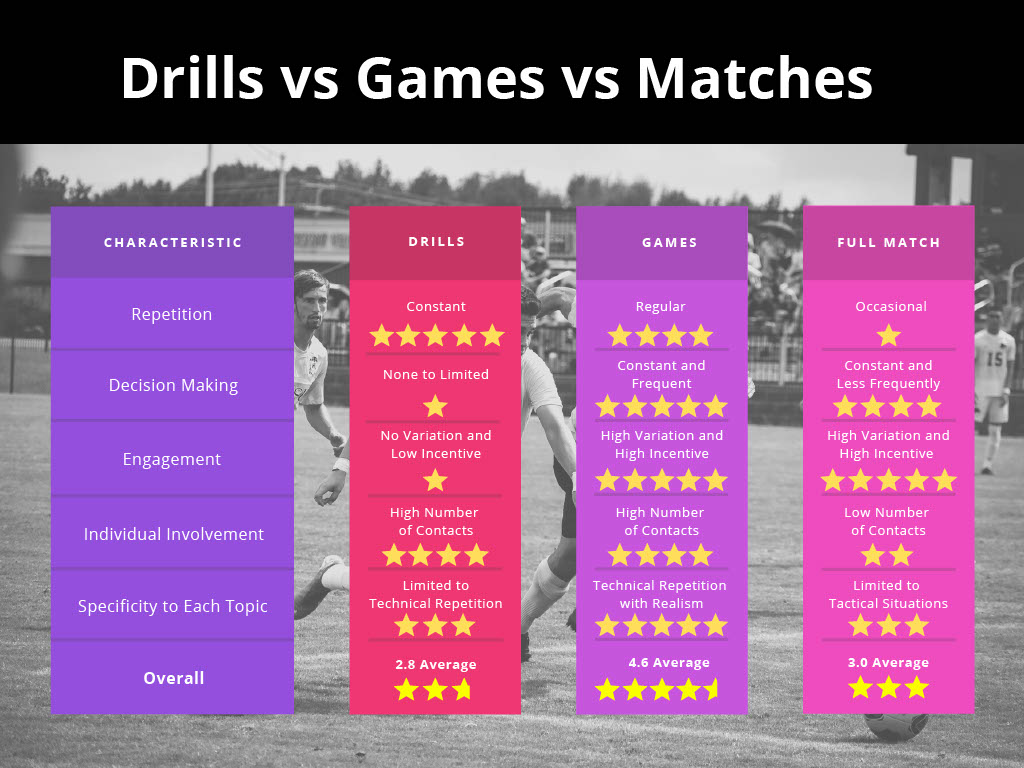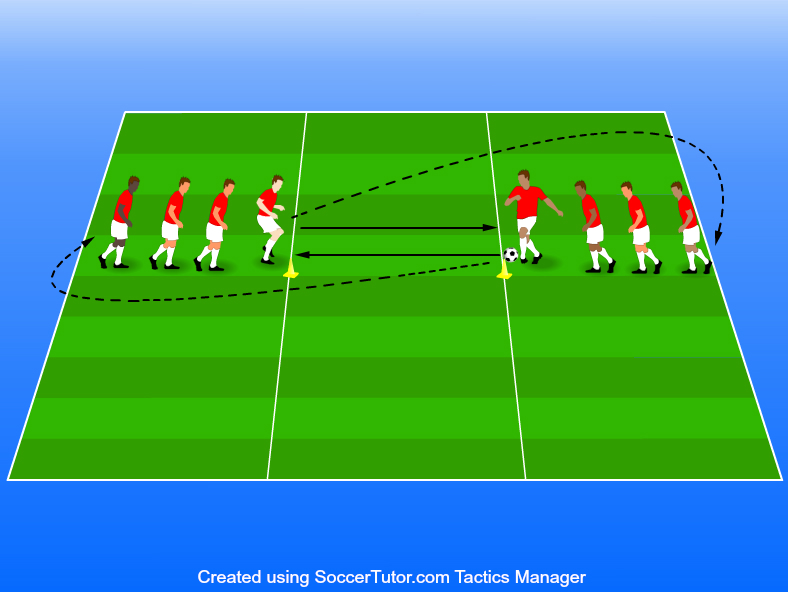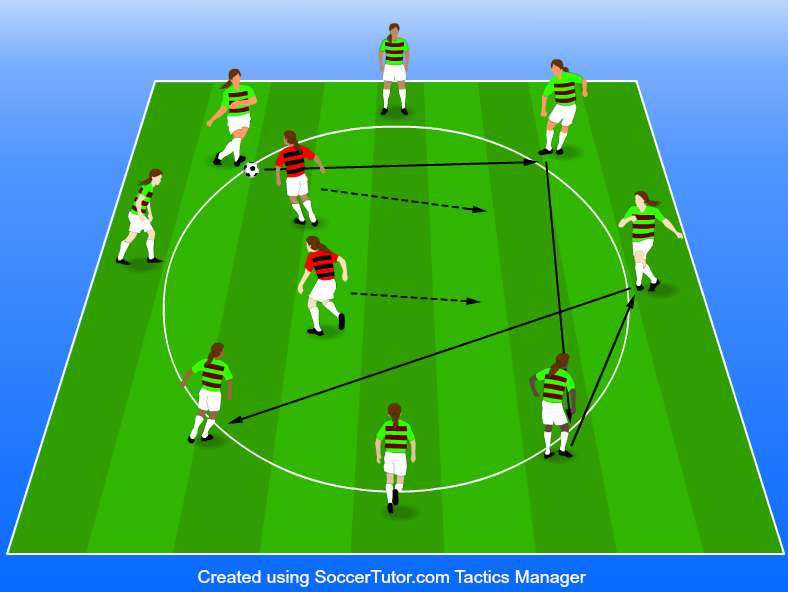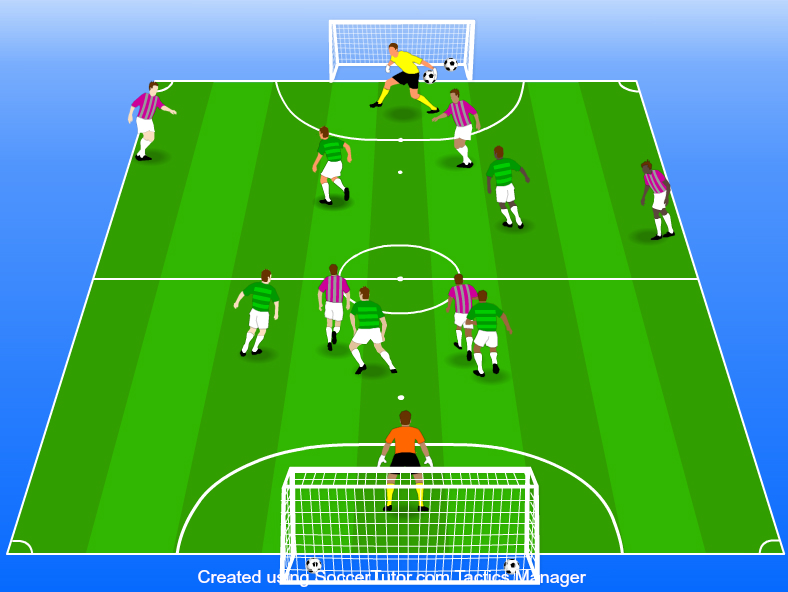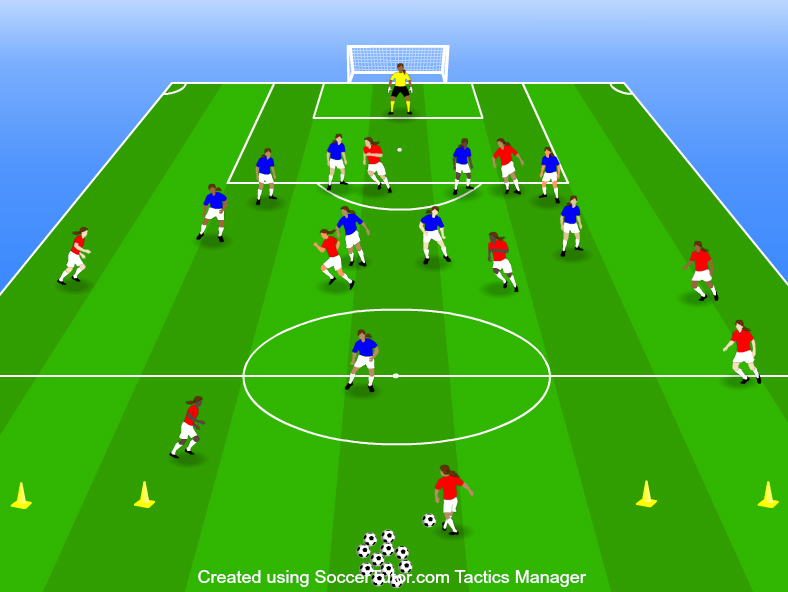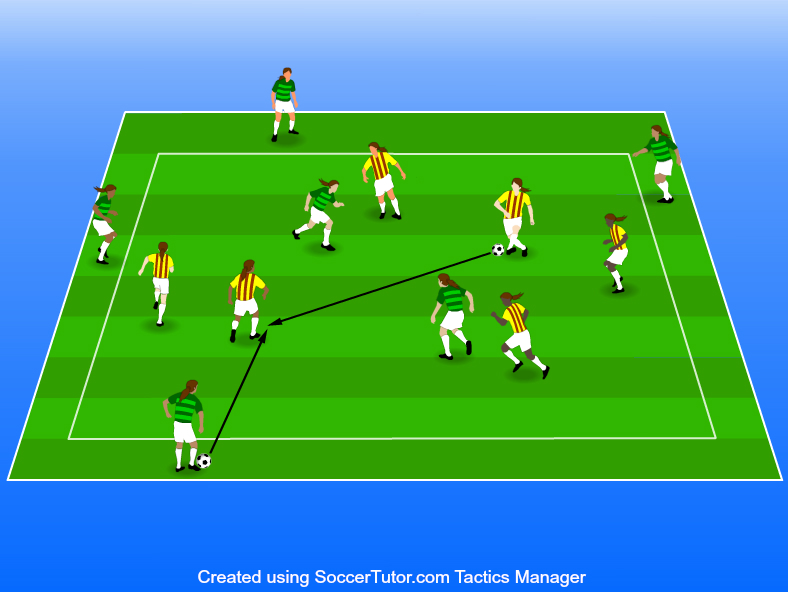Comparing Formats
A Comparison of Different Educational Formats
Coaching session content includes a combination of technical, variable and integrated practices.
Technical Practices
Technical Practices are usually in the form of a 'drill' where players repeat the same technique in a set direction. Drills allow players to amend their technique until they reproduce it consistently. Transference into a match is limited by the number of directions and speeds practiced. Many players struggle to focus for long periods as limited variation and incentive affects their motivation. As a result, players often 'go through the motions', limiting their progress.
Variable Practices
Variable practices are an extension of a 'drill' by allowing players a limited number of options. This allows them to adapt their technique in different directions. The player's decision making is limited to set alternatives, rather than in response to an opponent (where they think dynamically to problem solve). Motivation is limited as there is little purpose or incentive but to perform the skill effectively.
Integrated Practices
Integrated practices are usually a full or small-sided match. They are a big step up from variable practices as players go from no or limited pressure or incentive to full pressure and full incentive. These practices are enjoyable as they simulate a match. However, the change of intensity from low to high makes it very difficult for players to transfer techniques they've learned in drills straight into matches.
Functions, Phases of Play and Conditions
Coaches use Functional Practices or Phases of Play to break the game into smaller parts. Both are unrealistic as the defending team has little to no incentive so retain defensive shape when in possession. Conditions are often placed, e.g. '2-touch' to focus on an aspect of play. However, most conditions have side effects, affecting realism and often have the opposite affect to the intention. E.g. limiting players to 2-touches is intended to speed up play. Instead, players usually stop their first touch so they're not rushed into a pass, which slows play.
Games
When constructed carefully, games offer the best of all these formats. They subtly guide players into the intended action by empowering them to discover the solution for themselves. This allows them to improve their game intelligence through trial and error. The games format allows the coach to focus on a particular skill or tactic but within a more dynamic environment so that players get used to performing in response to the opposition, rather than to a command,
